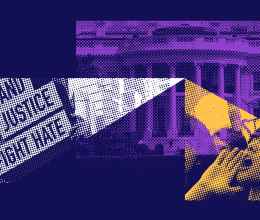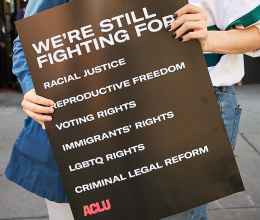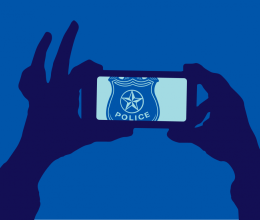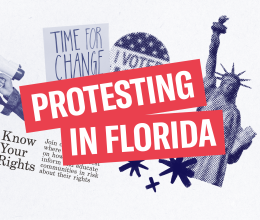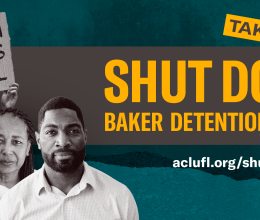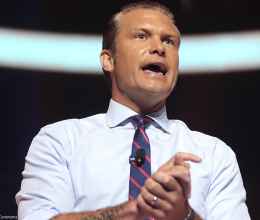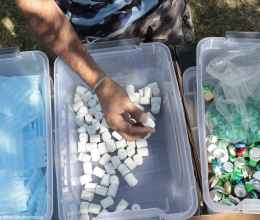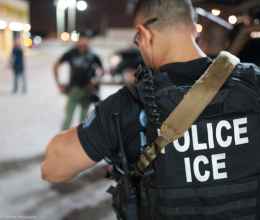
The release of racist, sexist, and homophobic emails primarily authored by two Miami Beach police officers (who have since left the Police Department), further exposes the level of bigotry and violent mentality endemic within the Department. The news regarding the emails also occurred as the City prepares for Urban Beach Weekend, an annual Memorial Day celebration similar to Ultra Music Festival and Pride that attracts thousands of mostly young black adults.
For several years, the ACLU has been meeting with Miami Beach police officers and other city officials to discuss the complaints from visitors and residents about the City’s over-policing during that weekend – heightened presence of police officers everywhere, use of dogs, flood lights, and DUI checkpoints which are almost never used any other weekend. Raymond Martinez, the former police chief, even sat in on some of those meetings and acted as if he saw no problem with his department’s treatment of black youth. All the while, he was one of the main recipients of these emails. Whether receiving these emails caused him chagrin or amusement, we know for certain that, as the head cop in charge, he did absolutely nothing to end this behavior or to punish those who were in direct violation of departmental policies.
While the City attempts to characterize this scandal as the misbehavior of a few bad apples, the current Police Chief, Dan Oates, has acknowledged that the culture of intolerance within the Department simply is unsustainable – at least under his watch. The problem, unfortunately, is that a change in leadership alone is insufficient in terms of producing a solution to the culture of insensitivity and racial profiling within the Miami Beach Police Department. These police officers behave the way they do because our legal system protects them. Cops regularly are immune from liability and prosecution even when their behavior is unlawful, and they use this “free pass” to wield all types of violence against innocent civilians. For example, in March, State Attorney Katherine Fernandez Rundle decided not to charge any of the officers involved in the fatal shooting death of a suspect, 22-year-old Raymond Herisse, during the 2011 Urban Beach Weekend, even though the cascade of bullets was excessive and endangered the lives of numerous people, including some law enforcement officers.
We eventually have to tackle the uncomfortable question of why law enforcement attracts employees who are so discriminatory in their behavior, brutal in their treatment of minority communities, and depraved of compassion. Miami Beach police officers of course are not alone in their deviant behavior. Just about 30 miles north, the Fort Lauderdale Police Department has been dealing with its own scandals – one of the most recent being the release of a video trailer produced by cops that shows images of black men being attacked by dogs, white hoods in a seeming reference to the KKK, and a theme that the cops are there to protect society against the “Niggers.” Then there was the release of similar emails and videos by the Ferguson, Missouri Police Department, the deaths of unarmed black men at the hands of police in Baltimore and South Carolina, and the tragedies continue. . Who, then, can we really trust to protect our communities?
The days when wearing a badge was enough to command respect are over. The abhorrent behavior of police officers around the country continues to ruin the reputation of even the good cops out there who entered this profession for the right reasons. Some of these “good cops,” however, remain silent and stand by while their colleagues denigrate the uniform; and that group includes Black, Hispanic, and other officers of color who do not protest this type of behavior and, as in the case of Miami Beach, are actually the ones engaging and otherwise encouraging such conduct.
Law enforcement has a very long way to go towards improving its relationship with the public, especially minority communities. And we, the public, as the supposed beneficiaries of law enforcement’s existence, need to step up our oversight and demands, and perhaps learn how to better police ourselves to create the safe communities in which we want to live.
